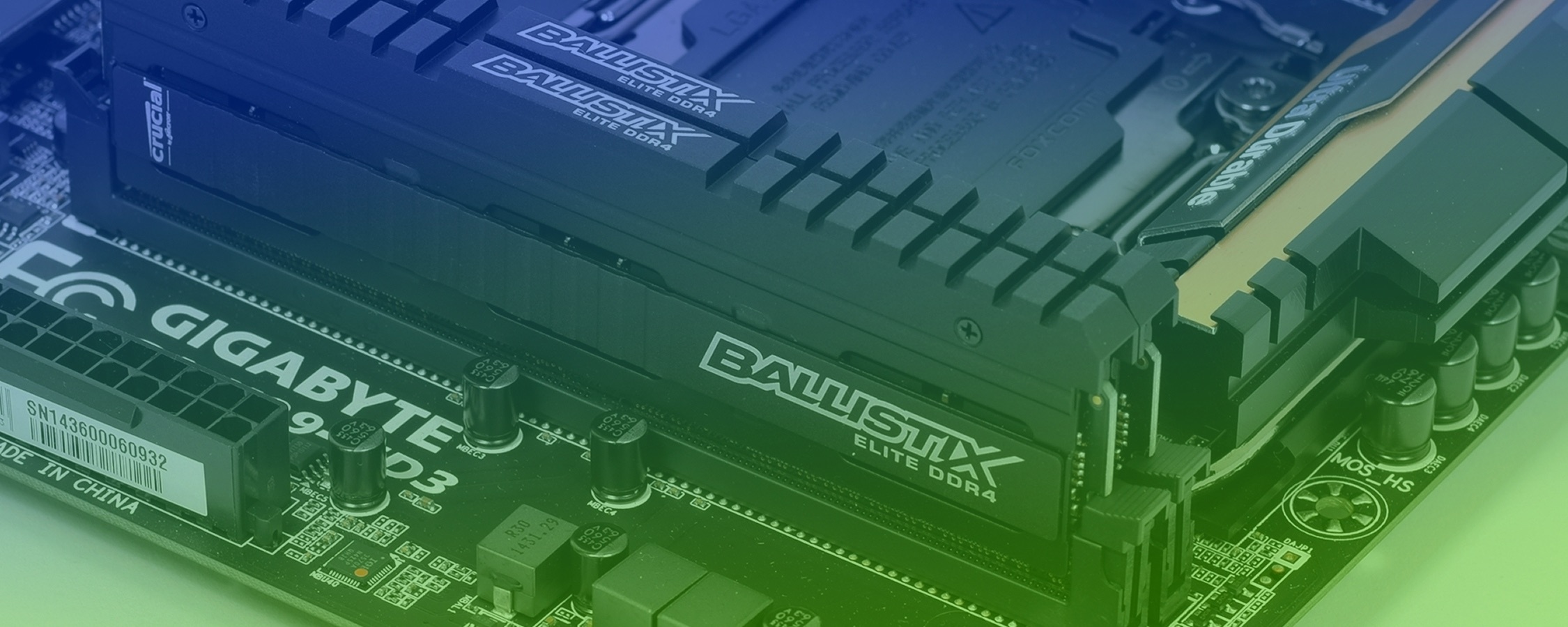



8GB VS 16GB RAM LAPTOP UPGRADE
I would say that unless your budget is very tight or you don't expect to keep this system very long, you should consider 16 GB of RAM simply because you can't upgrade it later. That said, I don't know how much of a real-world performance hit that would actually create. So looking at those figures, 9.2 GB in use means that upgrading my system to 32 GB likely wouldn't do much other than give me a huge Standby cache, but it also means that downgrading to 8 GB would force Firefox and apparently some background processes to use less memory than they're using right now when more memory is available. The remaining 6.8 GB of total RAM is being consumed as Standby memory. Of that total, 1.8 GB is consumed by Firefox, and the next highest consumer is Outlook at just 133 MB. I just cycled through all of my Firefox tabs to cause Firefox to actually load all of them, and my system now shows 9.2 GB of RAM in use. But for reference, I'm writing this on a Latitude 7480 that has 16 GB of RAM, and at the moment the only foreground applications I have open are Outlook, Skype for Business, and Firefox (27 tabs, none of them particularly media-rich). I just remember that after I upgraded her to 16 GB, she opened the same set of apps she normally had open and I saw memory usage already climb above 8 GB, which was all the used to have. I don't remember exactly which apps increased their memory consumption by how much. If anybody else can give feedback whether or not 16GB vs 8GB makes much of a difference in an XPS 13, please post a reply. Do you mean by just using something like Chrome with many tab (+20) open or more from also using other programs?īy running the same apps, to how much did GB RAM usage increase from 6.5 GB when she upgraded to 16GB? What apps were you or your sister using? Regarding your point 2, when your sister upgraded tot 16GB, you say she saw a dramatic improvement. If you're only showing 5GB in use out of 8GB, that's a bit lower than I would expect, but I remember my sister's laptop showing 6.5 GB of 8GB in use, and when she upgraded to 16GB, she noticed a dramatic improvement. The memory in the is soldered onto the motherboard, so you can't add more Applications will tend to use more memory if more is available. The memory in the is soldered onto the motherboard, so you can't add more later.ĥ. When I got more memory, I spent more time playing with VMs setting up virtual labs for experimentation, for example.ĥ.

You might end up finding that more memory causes you to do other things simply because you can.
8GB VS 16GB RAM LAPTOP WINDOWS
If you have 16GB of memory, at the very least Windows will be able to do more of that caching.Ĥ. It could be data you've been working with, applications it thinks you might want to launch based on your usage history (Windows keeps track of what times of day during what days of the week you tend to use certain applications), etc. That area contains data that Windows is caching because it thinks you might use it. Even if you only have 5GB marked as in use, you'll probably see almost all of the rest of your memory marked as standby. Take a closer look at Task Manager, specifically the Performance tab > Memory, and then look at the "Memory composition" bar graph. If you're only showing 5GB in use out of 8GB, that's a bit lower than I would expect, but I remember my sister's laptop showing 6.5 GB of 8GB in use, and when she upgraded to 16GB, she noticed a dramatic improvement.ģ. Applications will tend to use more memory if more is available. It always keeps some amount of memory free.Ģ. Windows never allows your system to use ALL of its memory, because that would prevent the system from being able to do anything else.


 0 kommentar(er)
0 kommentar(er)
